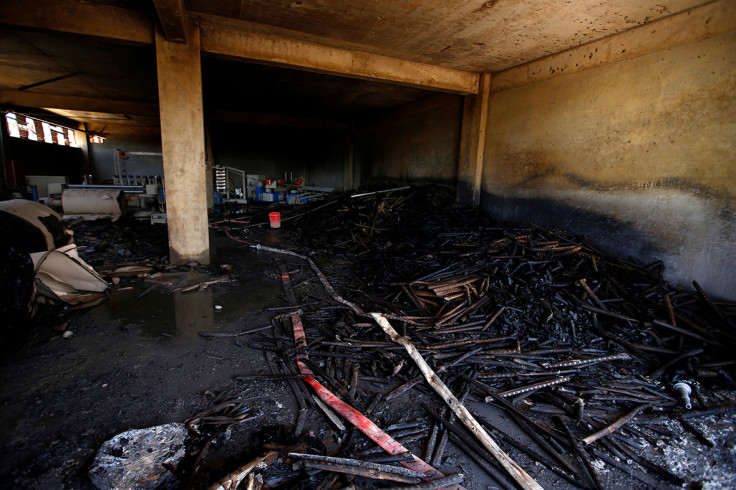Ethiopia charges 22 over terror plot after 'receiving instructions from Oromo Liberation Front'
Some 22 people are charged as Ethiopia tackles 'anti-peace' forces under state of emergency.
Ethiopia has charged 22 people for allegedly inciting violence in schools in Oromia, the country's largest state. The Federal High Court in the capital Addis Ababa charged the defendants for damaging government and public properties and planning to carry out terror acts.
The court claimed the individuals acted after receiving instructions from Kenya and Norway-based leaders of the Oromo Liberation Front (OLF), which the government labelled as a terrorist organisation.
The defendants will plead to the charges on 25 November, the state-affiliated Fana Broadcasting Corporation reported.
Ethiopia has detained 11,000 people following months of anti-government protests in Oromia and Amhara regions.
The response to the protests, labelled as the biggest anti-government unrest Ethiopia has witnessed in recent history, has resulted in the death of more than 500 people since November 2015, a figure the government later confirmed.
During rallies, Oromo people attacked foreign-owned factories, acts of violence that could result in a reduction in investments in the country.
What is the OLF?
Created in 1973, the OLF stemmed from the discontent among people over a perceived marginalisation by the government and to fight the hegemony of the Amhara people.
The OLF – which is still active today – calls for the self-determination of the Oromo people.
The Ethiopian government labelled the OLF as a terrorist organisation that carries out violent acts in Ethiopia, Somalia and Kenya.
The group has always denied allegations of violence, claiming its mission is to terminate "a century of oppression" against the Oromos.
Among other things, protesters called for the release of political prisoners, and demonstrated against perceived disenfranchisement and lack of inclusion in the political process as the government is dominated by the Tigray minority.
In October, the country declared a six-month state of emergency following the unrest.
Critics to the state of emergency claimed the government was trying to quell protests by, among other things, banning certain media outlets, including the Oromia Media Network.
The government, which often blamed "outside forces" including from Eritrea and Egypt for the protests, denied the allegations and said it will use the new measures to co-ordinate security forces against "anti-peace elements" that aim to destabilise the country.

© Copyright IBTimes 2025. All rights reserved.






















